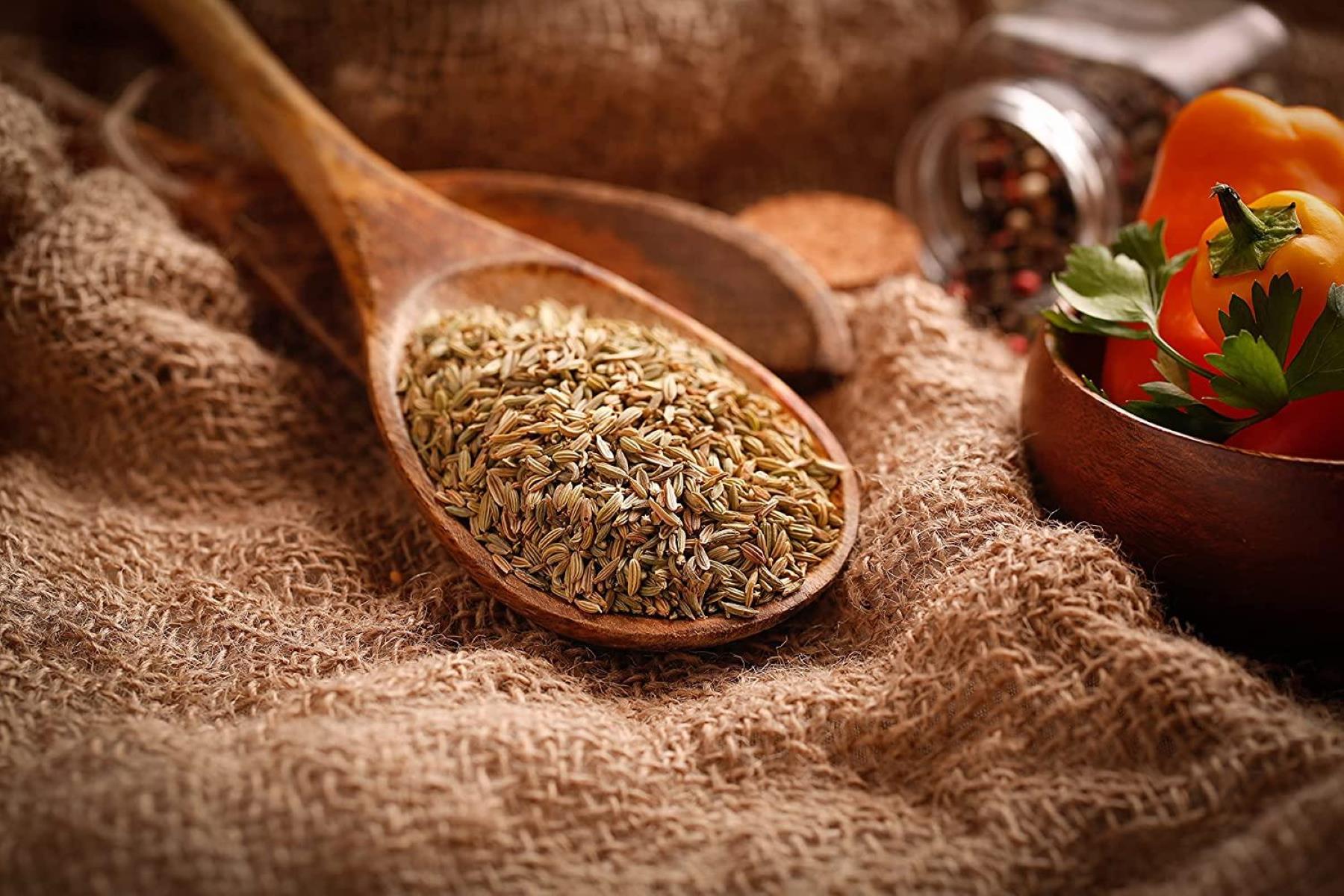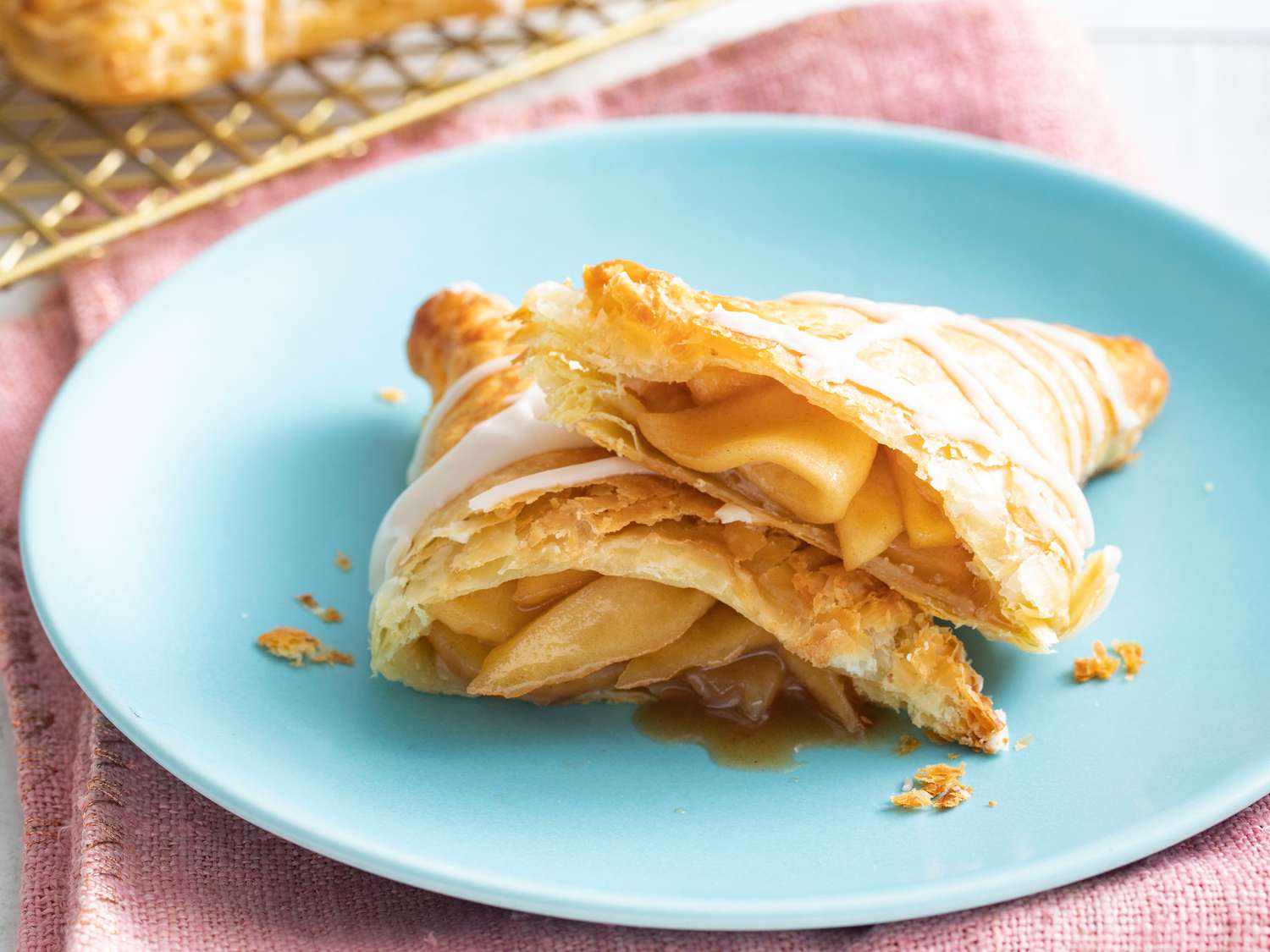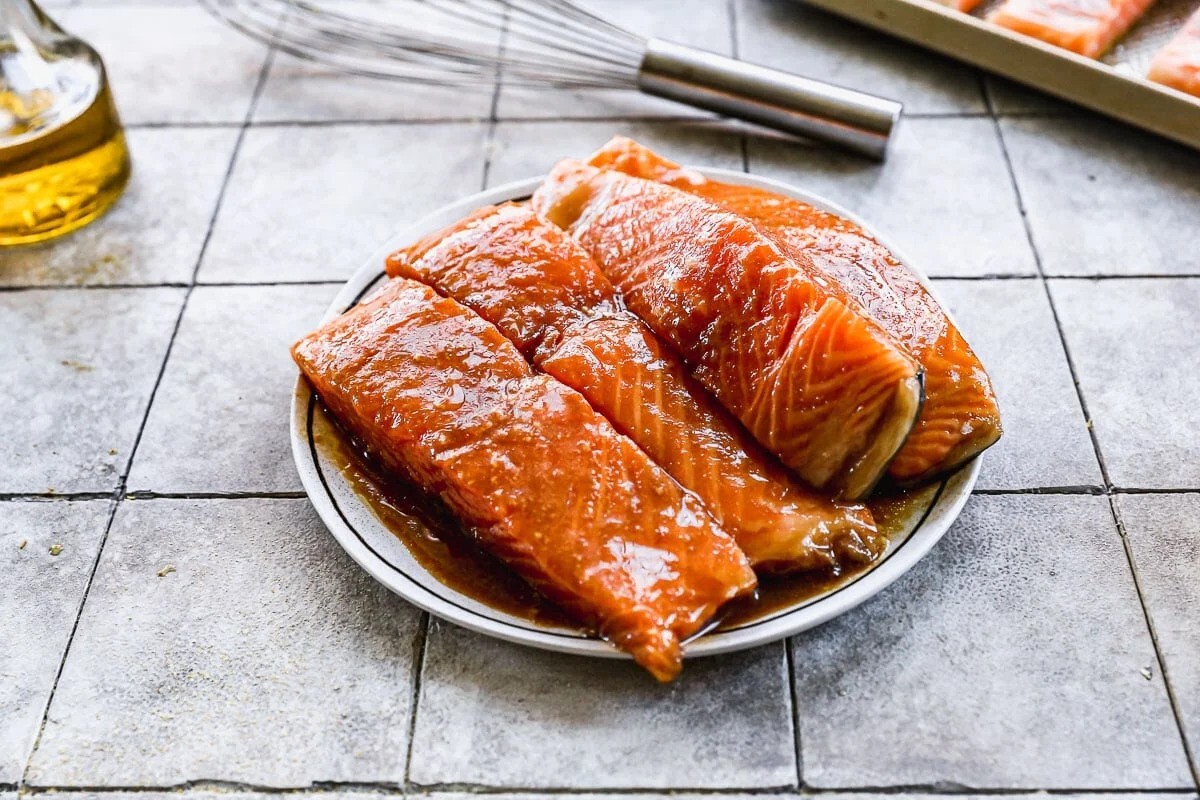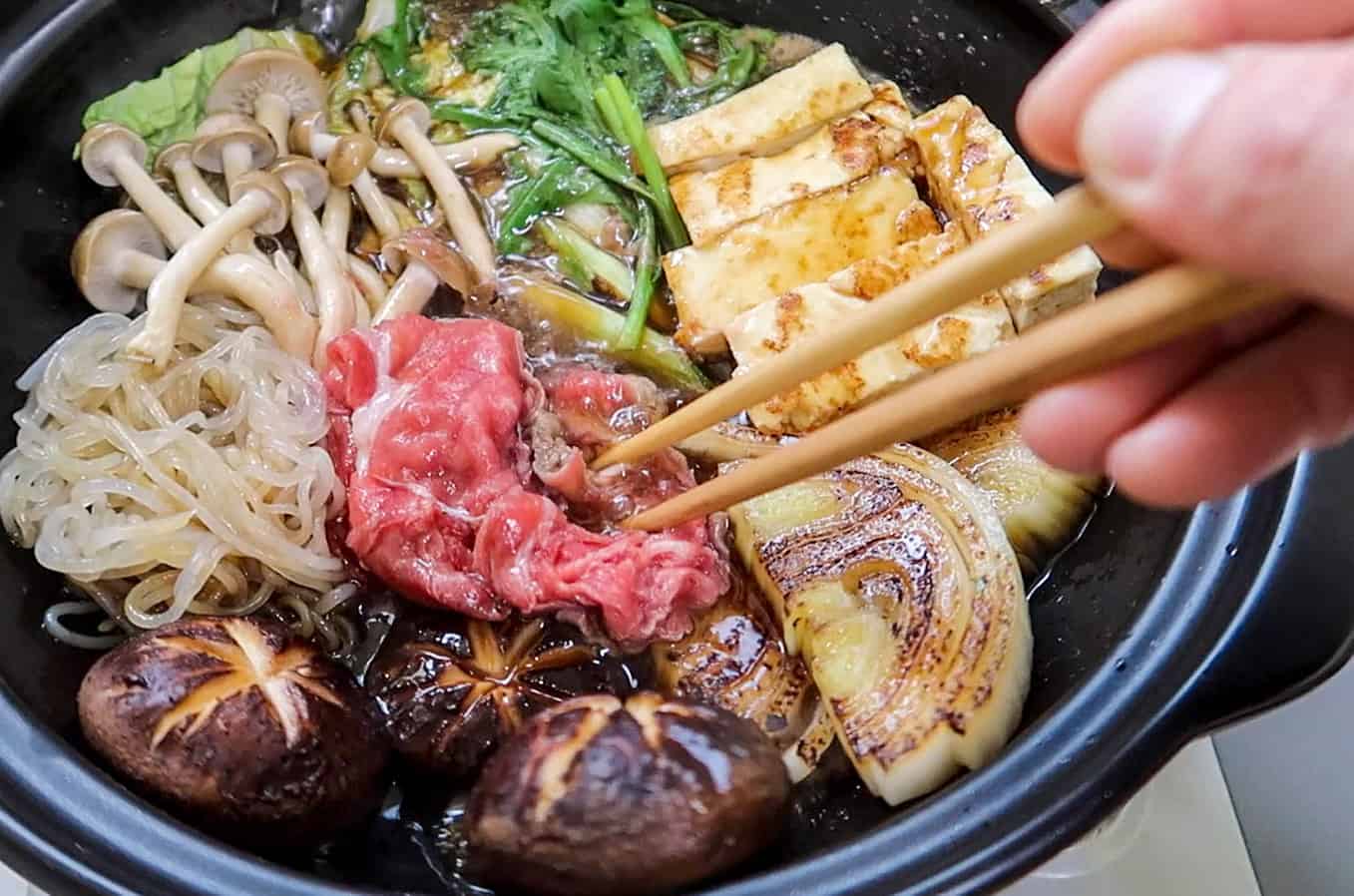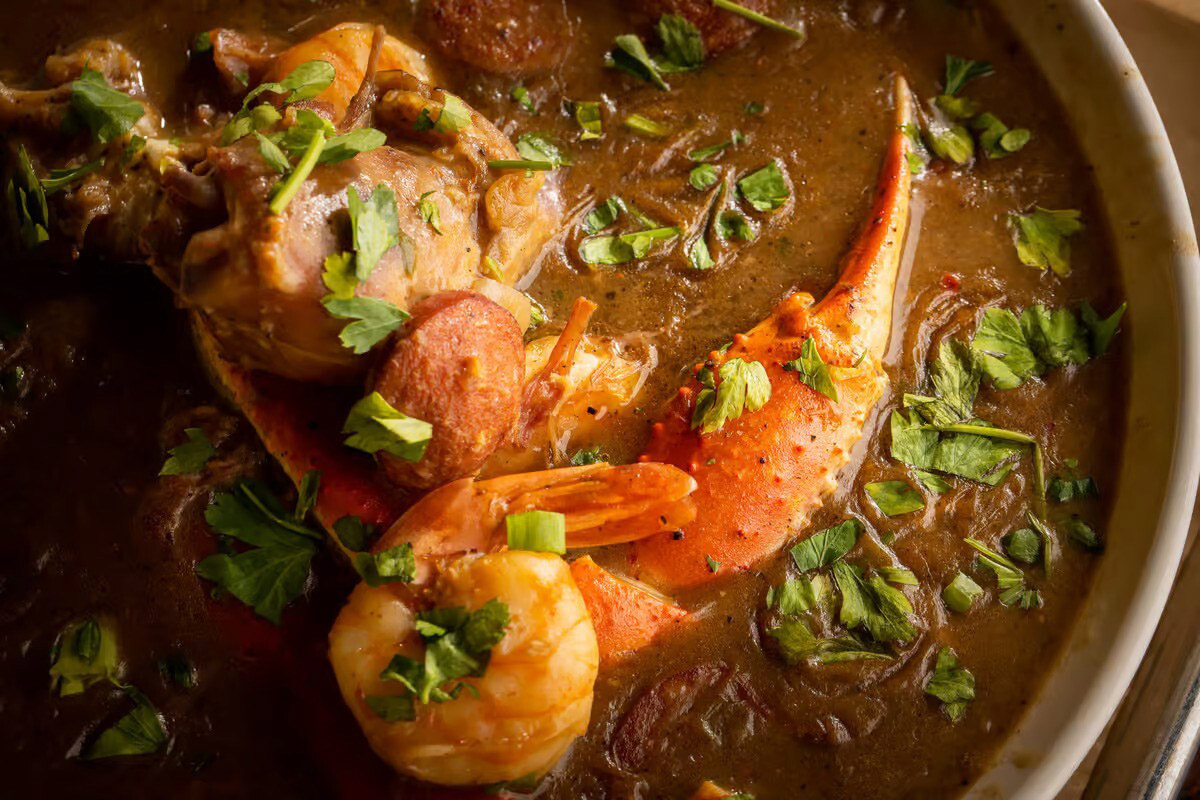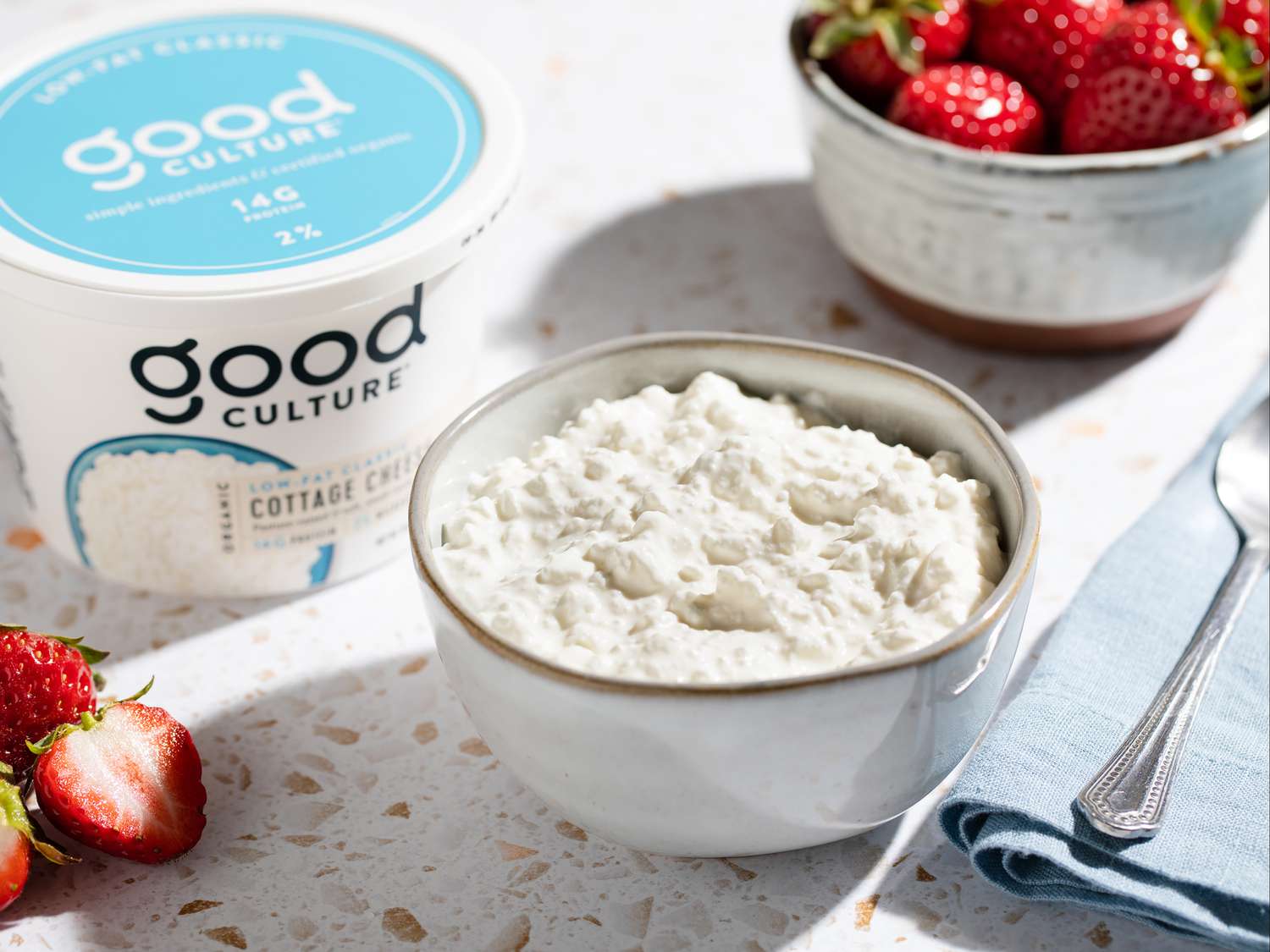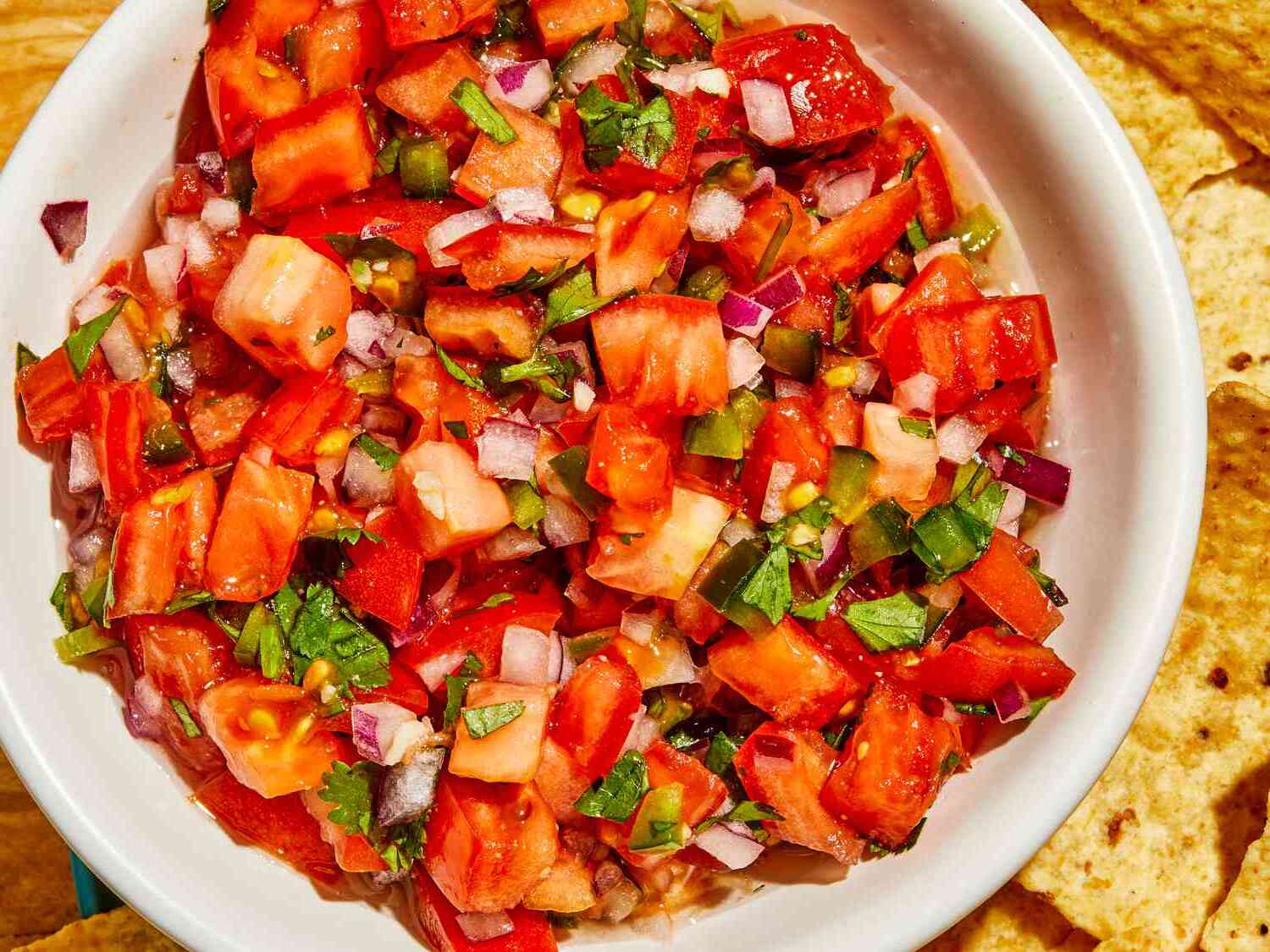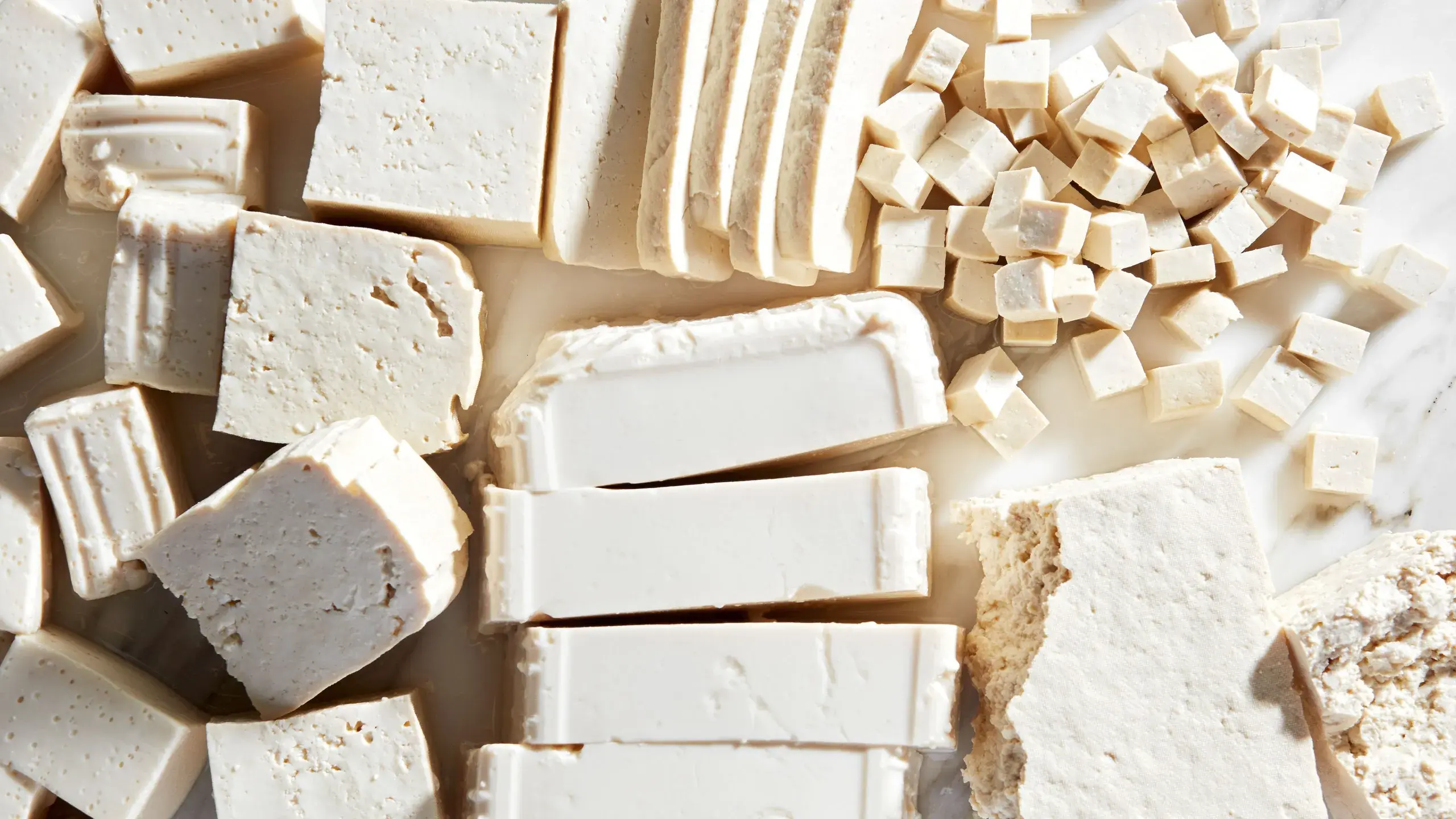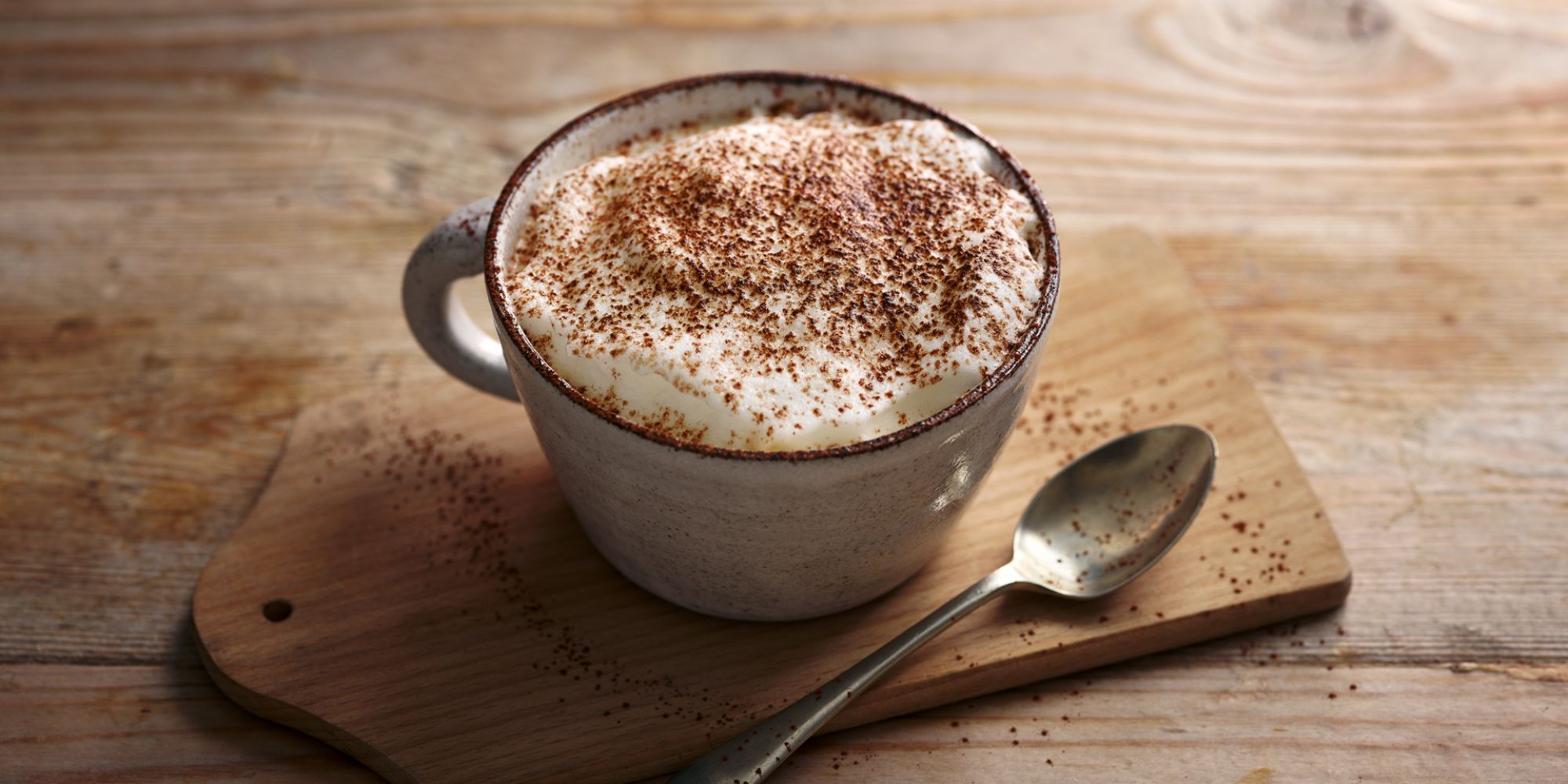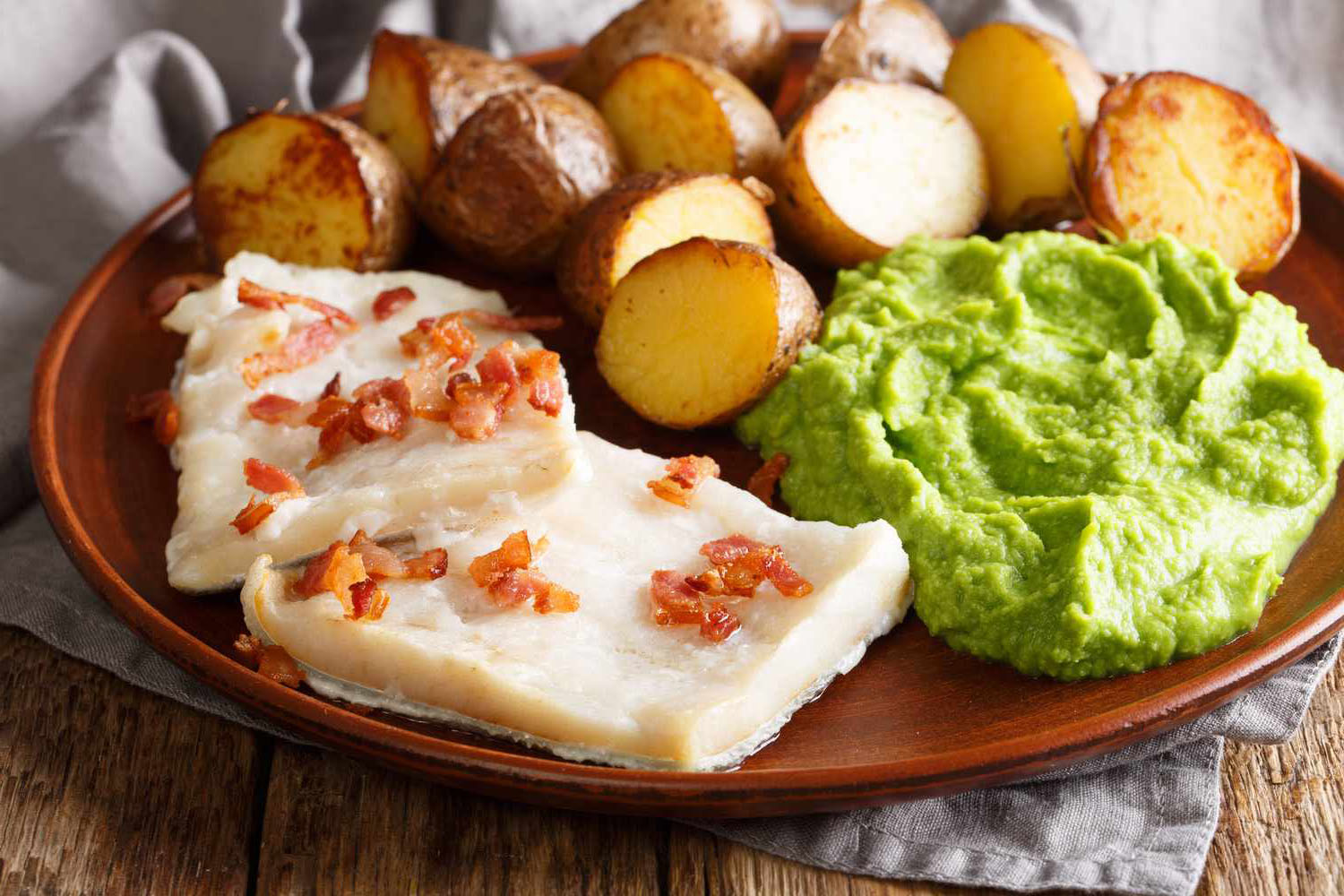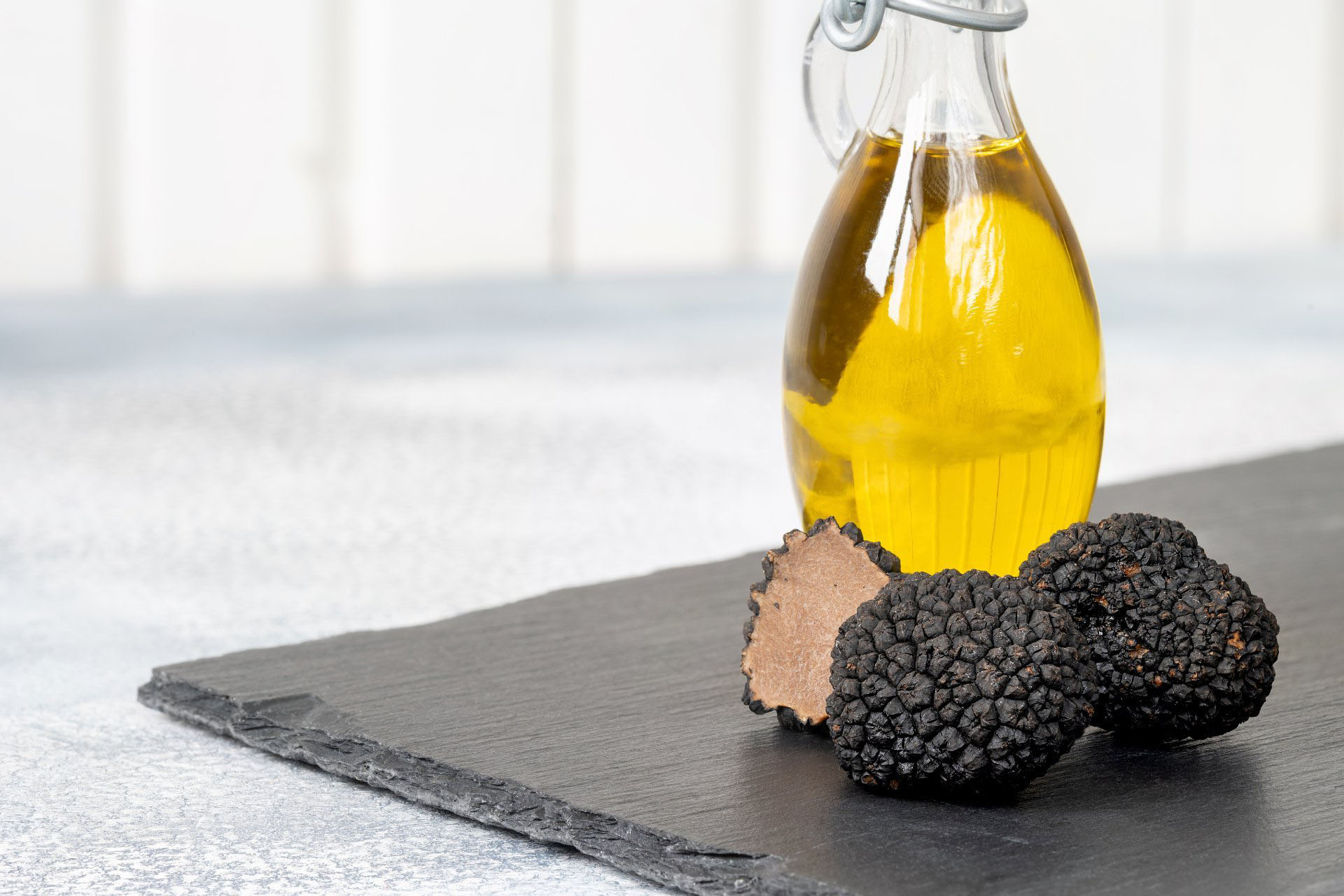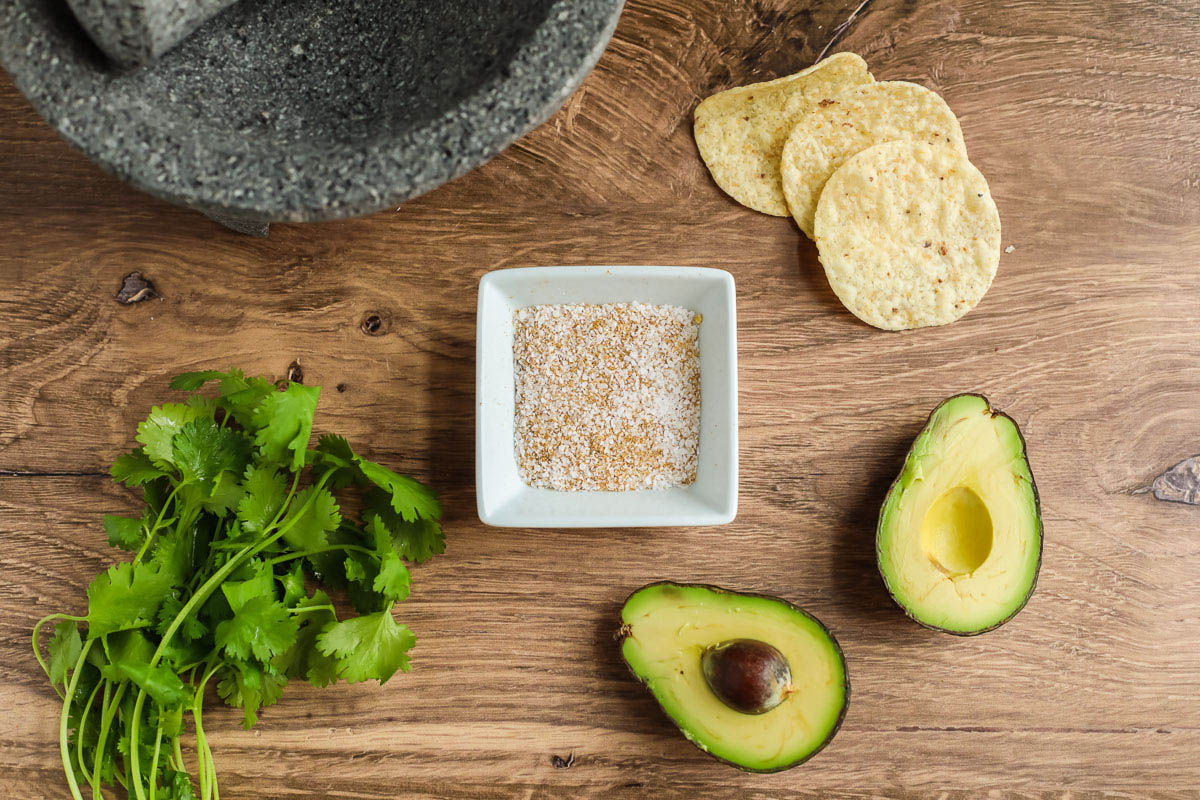Understanding Corn Flour: A Versatile Ingredient
Corn flour is a staple ingredient in many kitchens around the world. It is a fine, powdery substance made by grinding dried corn kernels. This versatile ingredient is commonly used in a variety of culinary applications and is known for its unique flavor and texture.
Types of Corn Flour
There are two main types of corn flour:
- Yellow Corn Flour: This type of corn flour is made from yellow corn and is commonly used in baking and cooking.
- White Corn Flour: Made from white corn, this flour is often used in gluten-free recipes and is known for its smooth texture.
Common Uses of Corn Flour
Corn flour is a versatile ingredient that can be used in a variety of ways, including:
- Baking: Corn flour is often used in baking to add a rich, slightly sweet flavor to breads, muffins, and other baked goods.
- Breading: It is commonly used as a coating for fried foods, providing a crispy and golden exterior.
- Thickening: Corn flour is an excellent thickening agent for soups, stews, and sauces, as it creates a smooth texture without altering the flavor.
- Gluten-Free Cooking: Due to its gluten-free nature, corn flour is a popular choice for individuals with gluten sensitivities or celiac disease.
Health Benefits of Corn Flour
Corn flour offers several health benefits, including:
- Rich in Fiber: It is a good source of dietary fiber, which aids in digestion and helps maintain a healthy digestive system.
- Gluten-Free: For individuals with gluten sensitivities, corn flour provides a safe alternative for enjoying a wide range of dishes.
- Rich in Vitamins and Minerals: Corn flour contains essential nutrients such as vitamin A, B vitamins, and iron, contributing to overall health and well-being.
Conclusion
Whether you’re looking to add a unique flavor to your baked goods, create a crispy coating for fried foods, or thicken up a hearty stew, corn flour is a versatile and valuable ingredient to have in your kitchen. With its various types and uses, corn flour continues to be a popular choice for both professional chefs and home cooks alike.
Next time you’re in the kitchen, consider incorporating corn flour into your recipes and experience the delightful flavor and texture it brings to your dishes.
Was this page helpful?
Read Next: What Is A Bone Dry Martini
